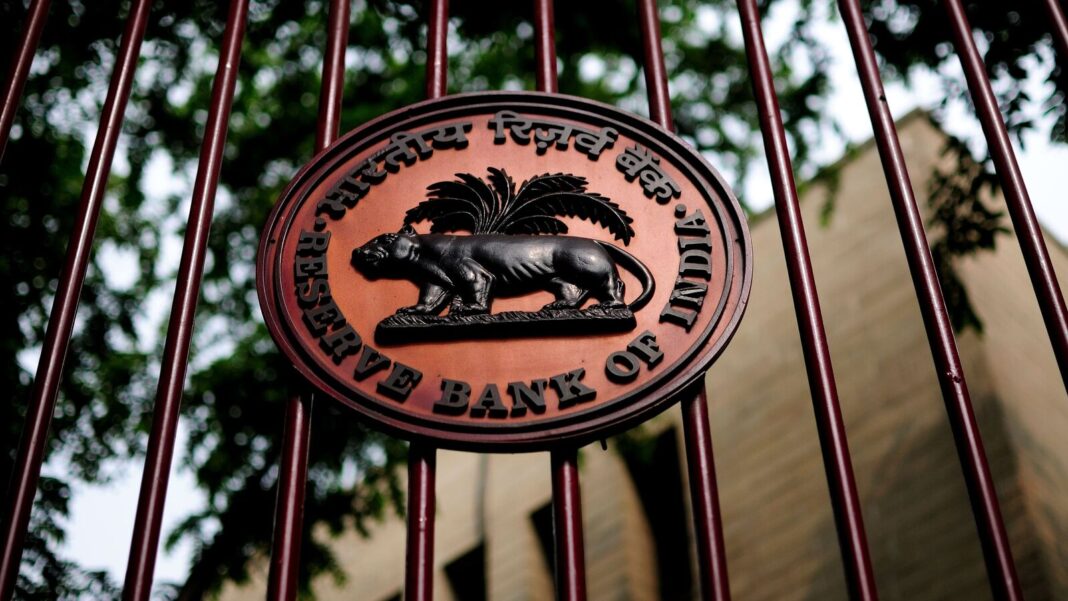In Short:
Fintech startups seek clear regulatory framework to establish recognition, licensing, and supervision. Lack of transparency in licensing processes causing delays in RBI license approvals. Fintechs serving Tier II markets want tax benefits and subsidies for financial inclusion. Neobanks want incentives for international transactions. Concerns about UPI fraud cases. Startups seek removal of angel tax, favorable tax framework, and rational Esop taxation.
Creating Clearer Pathways for Fintech Growth
As the fintech industry strives to expand their reach and impact, there is a collective call for a more transparent regulatory framework that provides clear guidelines for legal recognition, licensing procedures, and supervision. This move is seen as pivotal in leveling the playing field between traditional lenders and new-age fintech players.
Raj Narayanam: Bridging the Divide
Raj Narayanam, founder of Zaggle Prepaid Ocean Services Ltd, emphasized the importance of a well-defined regulatory framework in bridging the gap between traditional and modern financial services. He believes that this clarity will not only benefit consumers but also foster financial inclusion for all.
Gautam Patel: Seeking Clarity
Gautam Patel, founder and managing partner of Z3Partners, highlighted the current ambiguity in licensing processes for fintechs, causing disruption for emerging players with limited resources. The lack of transparency in RBI license approvals further complicates the situation, making it crucial for a more streamlined and efficient process.
Addressing Cost Concerns and Subsidies
Fintech companies catering to Tier II and smaller markets are advocating for tax benefits on expenditure and subsidies on goods and services tax (GST) to better serve areas with limited financial infrastructure.
PayNearby’s Anand Kumar Bajaj: Empowering Rural Economy
Anand Kumar Bajaj, CEO of PayNearby, stressed the importance of empowering rural areas through innovative financial solutions provided by leading fintech firms. Such initiatives are seen as crucial for driving economic growth in these underserved regions.
M1xchange’s Sundeep Mohindru: Enabling MSME Growth
Director of M1xchange, Sundeep Mohindru, highlighted the challenges faced by micro, small & medium enterprises (MSMEs) in accessing bank credit. He emphasized the need for incentives, reduced compliance burdens, and digital credit assessment methods to bridge the financing gap for these businesses.
Fostering Collaboration and Addressing Concerns
Collaboration between traditional banks and fintech companies is essential for enhancing financial inclusion, particularly in rural and underserved areas. The advancements in digital payment methods, such as Unified Payments Interface (UPI), require continued support and innovation.
Nilay Patel from Easy Pay: Strengthening Partnerships
Nilay Patel underlined the significance of strengthening ties with traditional banks to enhance financial inclusion in rural areas. He anticipates government support in incentivizing fintech firms to develop and offer financial products in these regions.
Niyo’s Swapnil Bhaskar: Enhancing UPI Ecosystem
Swapnil Bhaskar, Chief Strategy Officer at Niyo, emphasized the need for specific policies to streamline credit approval processes and foster partnerships within the UPI network. Addressing concerns like rising fraud cases through fraud analytics is crucial for maintaining the integrity of digital payment ecosystems.
Startup Community’s Wishlist
The issue of angel tax continues to loom over the startup industry, posing financial burdens and uncertainties for companies. Startups are advocating for clearer guidelines, favorable tax frameworks, and measures to improve Esop taxation to enhance operational efficiency and overall profitability.





